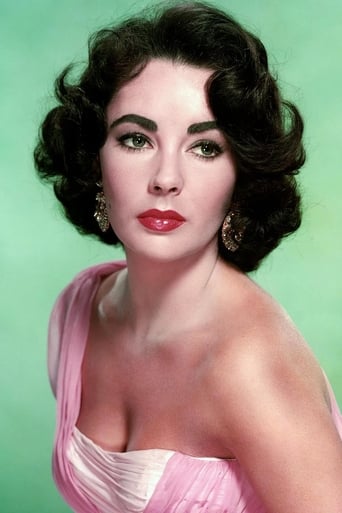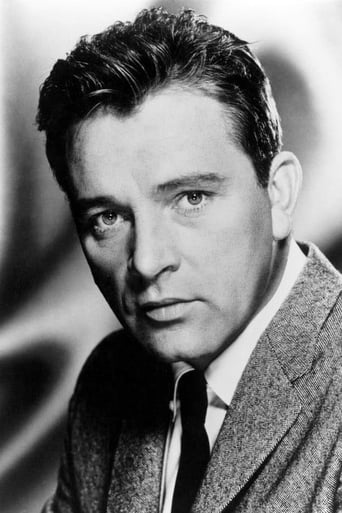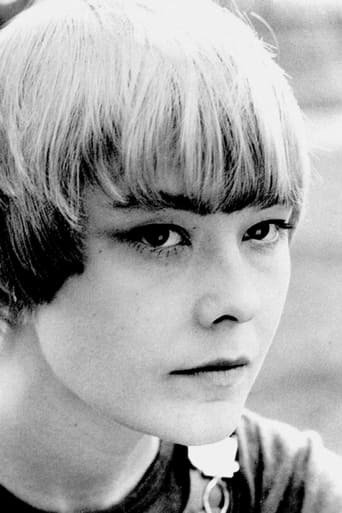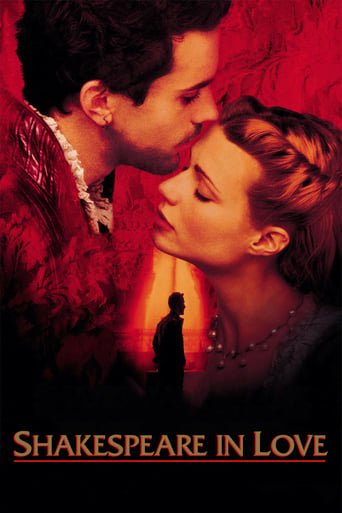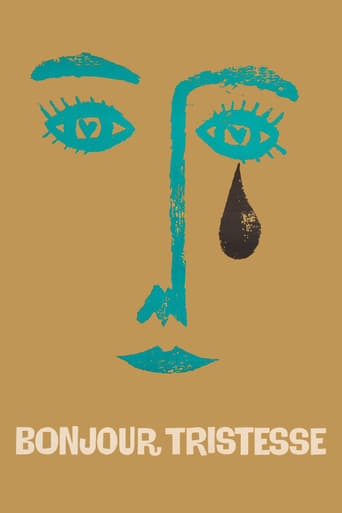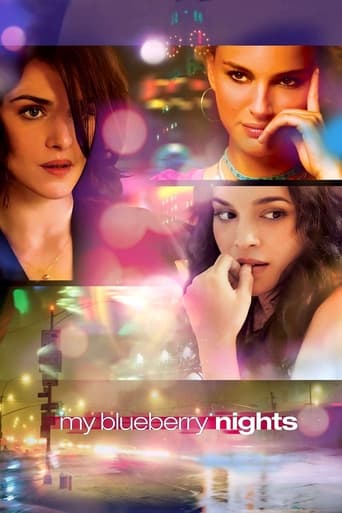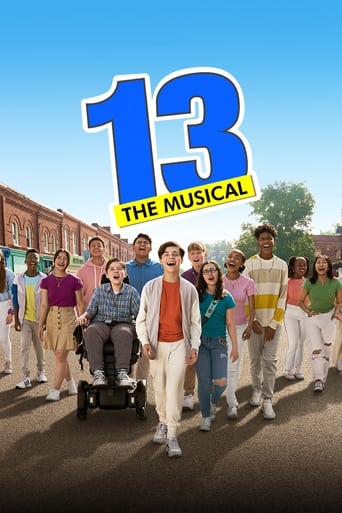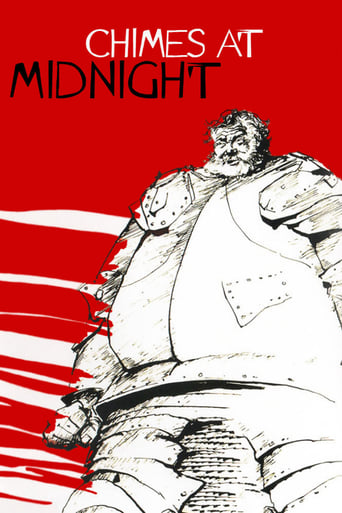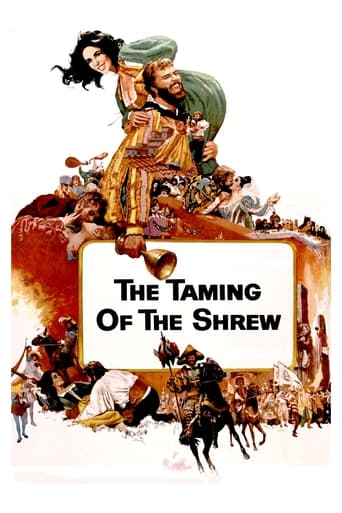
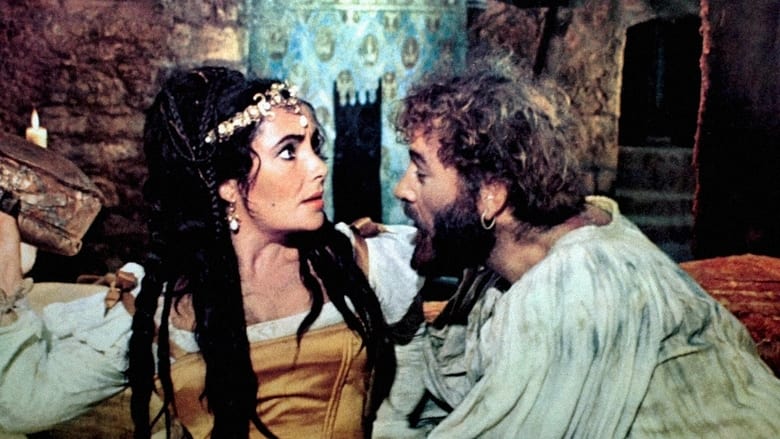
The Taming of the Shrew (1967)
Italy, 16th century. Petruchio, a choleric, lying and poor rural landowner from Verona, arrives in Padua in search of fortune and a wife, while Baptista, a wealthy merchant, announces that he will not allow Bianca, his youngest daughter, to marry until the temperamental and unruly Katherina, his eldest daughter, does.
Watch Trailer
Cast
Similar titles
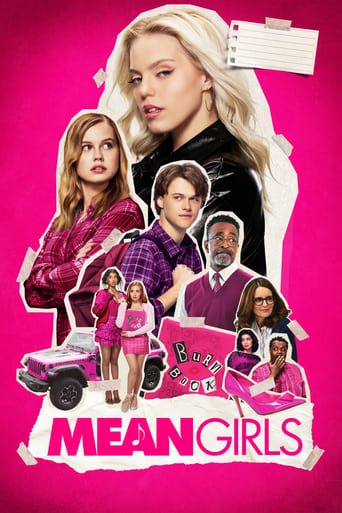
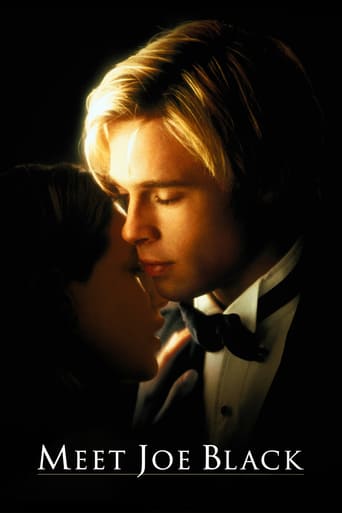
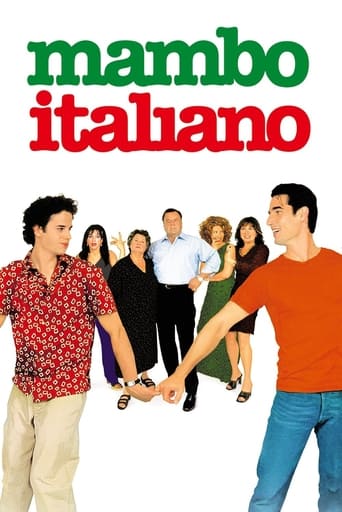
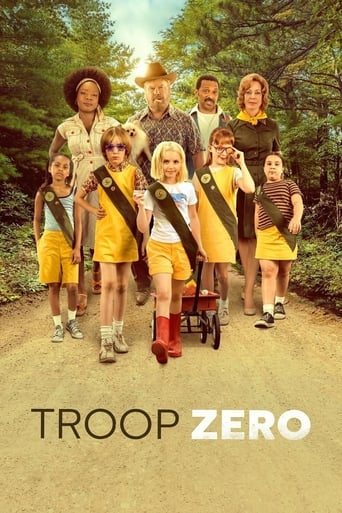
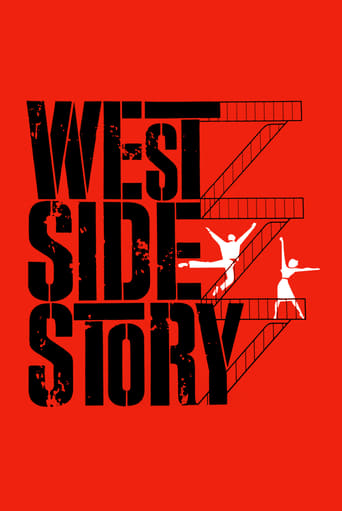
Reviews
Very Cool!!!
hyped garbage
A Disappointing Continuation
I didn’t really have many expectations going into the movie (good or bad), but I actually really enjoyed it. I really liked the characters and the banter between them.
Now remember this is a movie from 1967. A long time ago. But first and foremost it is a great play by Shakespear. Let's not forget that. And the film adaptation is very well done, the acting is superb. It is hard to think of a better way to have done this film.
The play on which the film is based is certainly misogynistic but that it is to be expected as it was written in the 1590s. That said, I can't say that I found the physical sparring between Petruchio and Kate funny, though the verbal sparring was often hilarious. The most notable omission from the film is the Christopher Sly frame story, which is a shame as the henpecked drunk serves as a great contrast to Petruchio.An accomplished Shakespearean actor who had previously played Hamlet on Broadway, Richard Burton is excellent as Petruchio, putting his excellent voice and beautiful accent to great use. In stark contrast to her then husband, Liz Taylor had never performed Shakespeare before but she does very well with the material and, as always, they had great on screen and, in this case, particularly intense chemistry. Burton and Taylor were of course famous for two tempestuous marriages so perhaps they could relate to the characters more than other actors would have! The supporting cast is generally very strong, particularly Michael Hordern as Kate's father Baptista, Cyril Cusack as Grumio, Michael York as Lucentio (in his first major film appearance), Alfred Lynch as Tranio and Vernon Dobtcheff as the Pedant. On the negative side, Alan Webb and Victor Spinetti are very over the top as Gremio and Hortensio respectively but neither of them play a big role.The crux of the play is Kate's speech in the final scene in which she says "thy husband is thy lord, thy life, thy keeper, thy head, thy sovereign" and the way in which it is interpreted consequently determines the message of the relevant adaptation. The most common interpretations are either that Petruchio has successfully tamed Kate or that she is deceiving him into thinking that he has done so. Liz Taylor's delivery of the speech suggests that Kate is being sincere. However, the fact that she runs away laughing immediately afterwards belies this so I assume that the message that the screenwriters were trying to convey was that a strong man can be controlled by an even stronger woman without him realising it.Overall, this is an outrageously fun and extremely good adaptation which is very well directed by Franco Zeffirelli in his film debut. However, it is on nowhere near the same level as his version of "Romeo and Juliet" released the following year. As in that film though, the sets, costumes and locations are fantastic.
Despite elegant costumes and its much-lauded direction by Franco Zeffirelli, this Shakespearean marital comedy failed to deliver. As a viewer, I'd say that this film's intended magic missed its mark.This film's disappointment-factor was mainly due to its 2 lead actors, Elizabeth Taylor & Richard Burton, for (1) Being too old for their parts (She, 35. He, 42), as well as (2) Both of them being co-producers of this less-than-satisfying production.In my opinion, these 2, together, literally ground Shakespeare's 16th Century play right into the dirt without even giving it a fair chance to really breathe and come to life.Featuring lots of irksome scenery-chewing by Taylor (who, as usual, wore way too much mascara and eyebrow pencil) and plenty of pompous bellowing by Burton (who was nothing but an egocentric windbag), this 1967 costume comedy certainly did wonders for encouraging spousal abuse from both sides of the matrimonial bed.Taylor, as Katharine (the shrew), scored high points through verbal castration and the flat refusal of any sexual contact with her partner. While, on the other hand, Burton, as Petruchio (the tamer), did his best through humiliation tactics and the forced starvation of his mate.(My-oh-my, aren't these 2 just a wonderful pair?) Apparently, this $4 million production was a huge, box-office hit upon its initial, 1967 release. But, now, 47 years later, it sucks. Had this film's 2-hour running time been reduced by a good 30 minutes, then, yes, perhaps that might've helped matters, somewhat.
The Taming of the Shrew (1967)Directed by: Franco Zeffirelli Comedy | Drama | Romance Richard Burton (Petruchio) | Elizabeth Taylor (Katharina) | Michael York (Lucentio) | Natasha Pyne (Bianca) 122 minutesFranco Zeffirelli's first film is lavishly produced from the fine clothes his characters don to the silver tableware Petruchio handles on entering Katharina's abode to ask for her hand in marriage. Costumes Design and Art Direction attained Academy nominations, although the film did not receive any. The score written by Nino Rota is characteristic of the the Late Middle Ages when the motion picture is set. Scenes from the original text are gathered around Padua, Italy, and surrounding countryside, which are pleasantly reflected as this project was recorded in Dino De Laurentiis Cinematografica Studios, Rome, Lazio, Italy.This is William Shakespeare's "The Taming of the Shrew" according to the introduction credits, in comparison to Zeffirelli's "Romeo and Juliet". We are left wondering about the machine which is operating behind this movie as it has its star actors in Burton and Taylor and its fanciful title William Shakespeare's... but when reflecting on the original text you will be led to confusion; is this movie based on the induction or the latter part of the play? Shakespeare makes it perfectly clear which end we are receiving. If it is a mash in which Burton plays more to a Christopher Sly than a Petruchio, then it is not William Shakespeare's "The Taming of the Shrew", it is Burton-Zeffirelli's...Ten minutes are spent in the initial taming. Petruchio takes off his sword, rolls up his sleeves and after some chasing, bantering, threats of physical violence, and swinging Katharina is silenced and hurt to a limp as she is dragged by her suitor to be paraded in front of her father and his guests. There is far more action in the motion picture than in the original text where the banter flows mentioning animals such as an ass, a turtle, a wasp, a crab, and domestic fowl, as well as flowers! (This film loves flowers.)Burton-Zeffirelli decided to cut the inductions found in the original Shakespeare text from the beginning of this feature film, although they included some reference to the induction. Early in the movie we receive the image of a religious drama on-stage playing to the drama within a drama concept. This is followed by a man in a wig and what seems to be a man dressed as a woman, the second man is carried off in a parade on a death bed, is this the boy dressed as the wife of Christopher Sly? And how does that relate to Petruchio who is presented as a drunk in this film. Maybe Burton only read the first few pages of the original text... Soon after we meet our hero, the drunk, Hortensio (Victor Spinetti) lays the plan of the marriage of Kate to Petruchio. After the conversation Petruchio is so drunk he is unable to undress for bed. The most striking reminder of the induction is the next morning where what is described in these lines occurs:Let one attend him with a silver basin Full of rosewater and bestrewed with flowers, Another bear the ewer, the third a diaper,Act I line 57-59 William Shakespeare's The Taming of the Shrew)Burton plays a Petruchio who often chuckles to himself funnily and we are convinced by his taming of Katharina who is driven off to his country home for some more taming. Unfortunately this Shakespeare adaptation was undone by Elizabeth Taylor's Disney-style acting, she was unable to aspire to the standard presented by Burton, York, Pyne and most members of the acting unit involved in this Burton-Zeffirelli production.It is chilling how inapt Taylor's acting can be. She has two emotions throughout the entire movie. Her emotions which are expressed through her throwing things and not throwing things and her voice which is pure monotone and varies between angry and placid. Take the scene just as Petruchio arrives at Baptista's home for the first time. Taylor chases Pyne who screams in a multitude of ways while Taylor throws out her lines in her monophonic fashion.If she has only two emotions Taylor's face knows only two expressions of wide-eyed and squint-eyed. If it were called Burton-Zeffirelli's "The Squinting of the Shrew" it would delve a fitter example of the quality of acting presented to the amateur and Shakespearean audience alike. When Taylor first appears on screen peeking out from between the shutters of her father's house she exhibits this wide-eyed to squint- eyed and vice versa look. Every time she appears she maintains the on-screen presence of a spoiled 2D Disney princess. Over-acting might be the term to insert here or over-compensating for not being an actual Shakespearean actor. However Taylor did win two Oscars during her lifetime for Best Actress at the Academy Awards. Who are we to judge?
